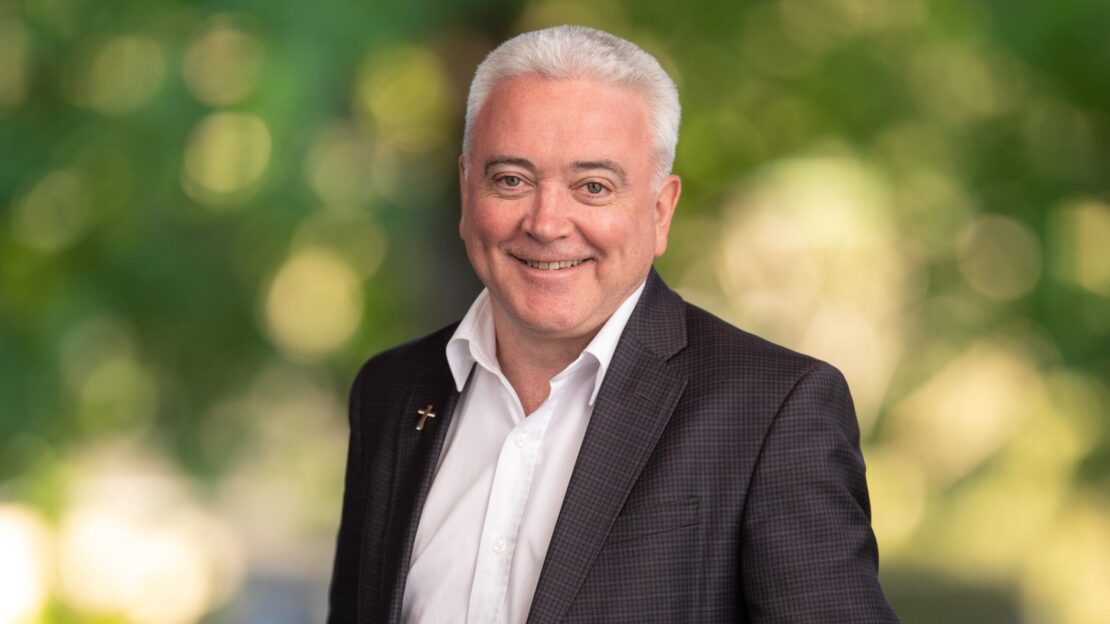Do you ever reflect on how you make decisions? We are actually making decisions all day. We make simple and everyday decisions, like what we will wear in the morning or what we will eat for dinner. We make decisions that carry more consequences, like whether the traffic light has just turned amber and I can continue to cross or whether I should stop now! We make decisions about our friendships, about our vacations, our health and our finances. Sometimes our decision making is straight forward and other times we need to take into consideration a range of factors. Sometimes we have to chose one good over another.
The first reading for this weekend is taken from the Book of Kings. It tells of a conversation between the Lord and Solomon. The Lord addresses Solomon, ‘Ask what you would like me to give you.’ Solomon, who has not long been made King, and is aware of his youthfulness and inexperience, addresses the Lord, ‘Give your servant a heart to understand how to discern between good and evil.’ Solomon is known in the Biblical world for his great wisdom and good judgement. These are the qualities for which his fame spread. It seemed that the Lord answered his plea!
The art of discerning what to do, what to say and how to act continues to be sought out today. The Christian tradition is replete with accounts of ordinary people who have tried to understand how to discern what to do next. There are hundreds of articles, books, websites and courses on how to discern for my own life and for the life of our human communities.
There are common threads among the experience and advice of Christian writers and mentors. For Christians, discernment always begins with prayer. It is an easy thing to say, but often a difficult thing to do. So often we can reduce prayer to simply ‘saying prayers’. Sometimes that can amount to our prayer-time being filled with words and mantras and no space for silence. And yet, it is often in the silence that the Lord speaks to us. Stillness and silence seem to be the favoured communication channels of God. Solomon must have often sat in quiet contemplation and waited for the promptings of God’s word.
After prayer, discernment also seems to require some kind of investigation and evaluation. All of us have probably been involved in planning sessions where we have had to do a SWOT analysis. We plot out the Strengths, Weaknesses, Opportunities and Threats to the proposed action or decision we are about to make. In the Christian tradition discernment involves similar processes. For the Christian, the analysis will draw on principles such as the common good, participation, subsidiarity, human dignity and a preferential option for the poor and our common home. Christian action ought not contravene these.
A third common element of discernment, is to share our thoughts and beliefs that have emerged, through prayer and investigation, with a third party. In the Christian tradition that person has often been known as a ‘soul’ friend, or a spiritual friend. This is the person who can accompany us in our discernment process. Sometimes these people are those who are older and wiser than us. They have travelled the journey of life a little longer and delved a little deeper. Solomon must have called on the elders of the tribes of Israel in order to hear their wisdom and validate (or challenge) his own thinking.
The art of discernment is as much pursued today as it was in the time of Solomon and the Book of Kings. As Christians we are fortunate to have many faithful witnesses go before us who have left us signposts along the way. Now it is our turn to pray, investigate and accompany one another as we discern the call of God today.
By Fr Brendan Reed




Comments
Mary Conlan
Thank you Brendan for a most worthwhile message. Appreciated and timely
Add Comment